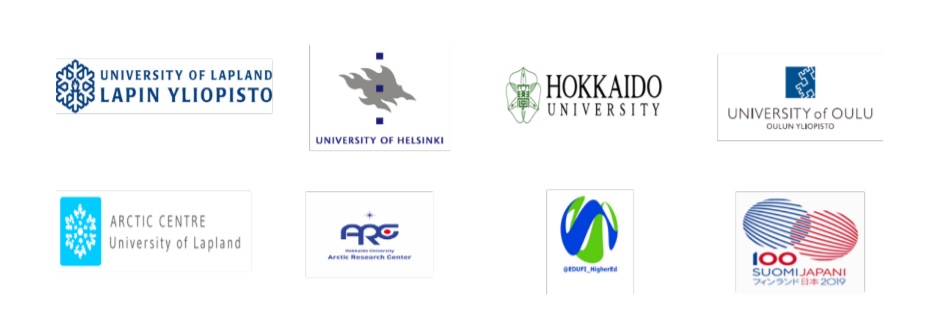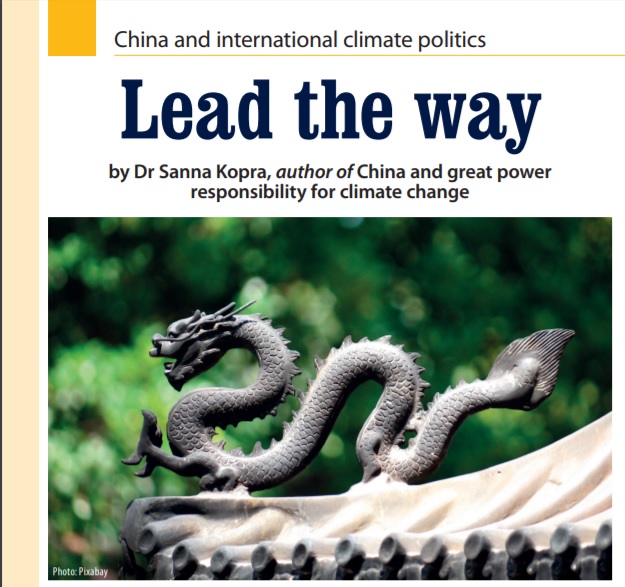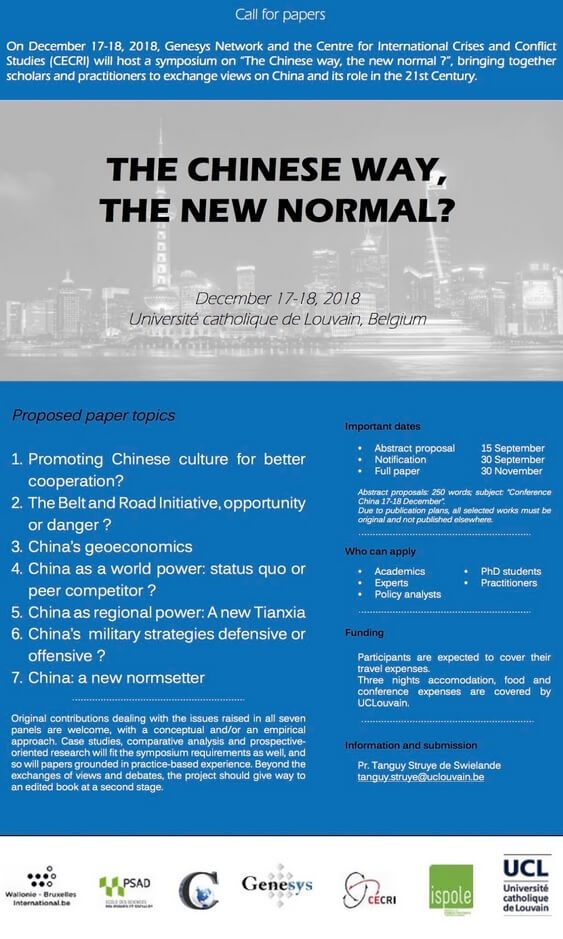The summer school at Hokkaido University is for advanced level undergraduate and graduate students currently enrolled at the University of Lapland, University of Oulu and University of Helsinki. Approximately 15 students will be selected for the scholarship. Application deadline is February 28, 2019.
Summer School on Arctic Studies 2019 will be held at Hokkaido University in Sapporo, Japan. The school is a part of the Finnish-Japanese Arctic Studies Program – a project led by the Northern Institute for Environmental and Minority Law at the Arctic Centre of the University of Lapland in collaboration with the Universities of Helsinki, Hokkaido and Oulu.
The multidisciplinary Arctic summer school to be organized in Sapporo, Japan in between July 27 – August 8, 2019. The topics to be covered, but not limited to, include:
- Climate change and the Arctic
- Glaciers and sea ice
- Arctic history
- Terrestrial and marine ecosystems
- International and environmental law applicable to the Arctic
- Human rights and the Arctic indigenous peoples
- Arctic institutions and governance
- Geopolitics and international relations in the Arctic
- Economy and business in the Arctic with focus on maritime trade and natural resources exploitations.
The summer school consist, for example, of lectures, reading assignments, group works and is approximately equal to 5 ECTS credits. Each participant will receive a certificate describing the content of the course, but decisions concerning the transfer/acceptance of credits are made by individual universities. Note: Hokkaido University Summer Institute will allow the selected Finnish students to participate in their own courses for free.
The summer school is intended to build and promote both academic dialogues and stronger networks Japanese educators, students and institutions dealing with Arctic studies.
Who can participate?
Advanced level undergraduate and graduate students currently enrolled in one of the following Finnish Universities:
1. University of Helsinki
2. University of Lapland
3. University of Oulu
Scholarships
Approximately 15 students will be selected for scholarship. The selected students will receive:
1. Flight costs covering travels between Finland and Japan
2. A fixed sum of 400 euro to cover accommodation and living expenses in Japan
3. Students are responsible to arrange their own accommodation. However, some guidance and possible options will be provided after the selection process is completed
How to apply?
1. A free form application addressed to the contact persons indicated below
2. A motivation letter in one page
3. Proof of enrollment in one of the Universities above
When to apply and to whom?
The application deadline is 28 February 2019.
Please send the application materials to the following contact persons:
Students from the University of Helsinki: Prof. Veli-Pekka Tynkkynen & Elena Gorbacheva
Students from the University of Lapland: Prof. Kamrul Hossain
Students from the University of Oulu: Docent Ritva Kylli








